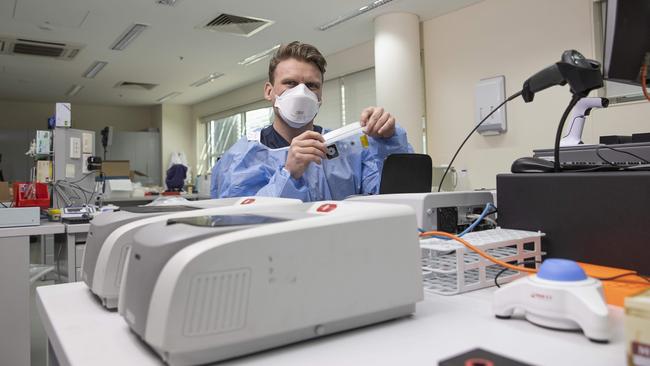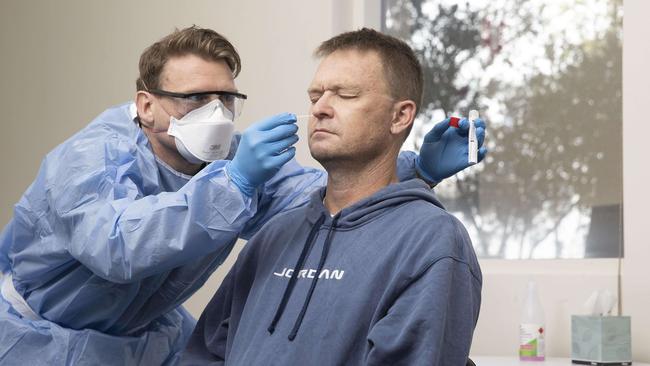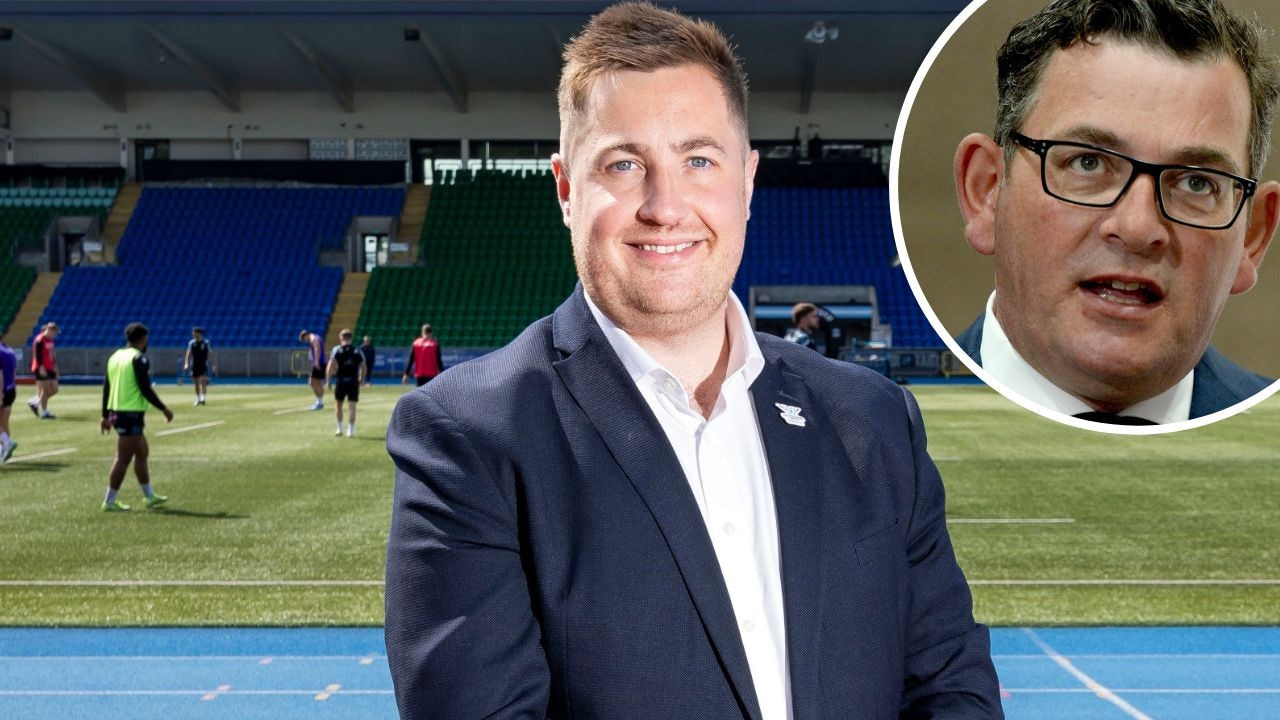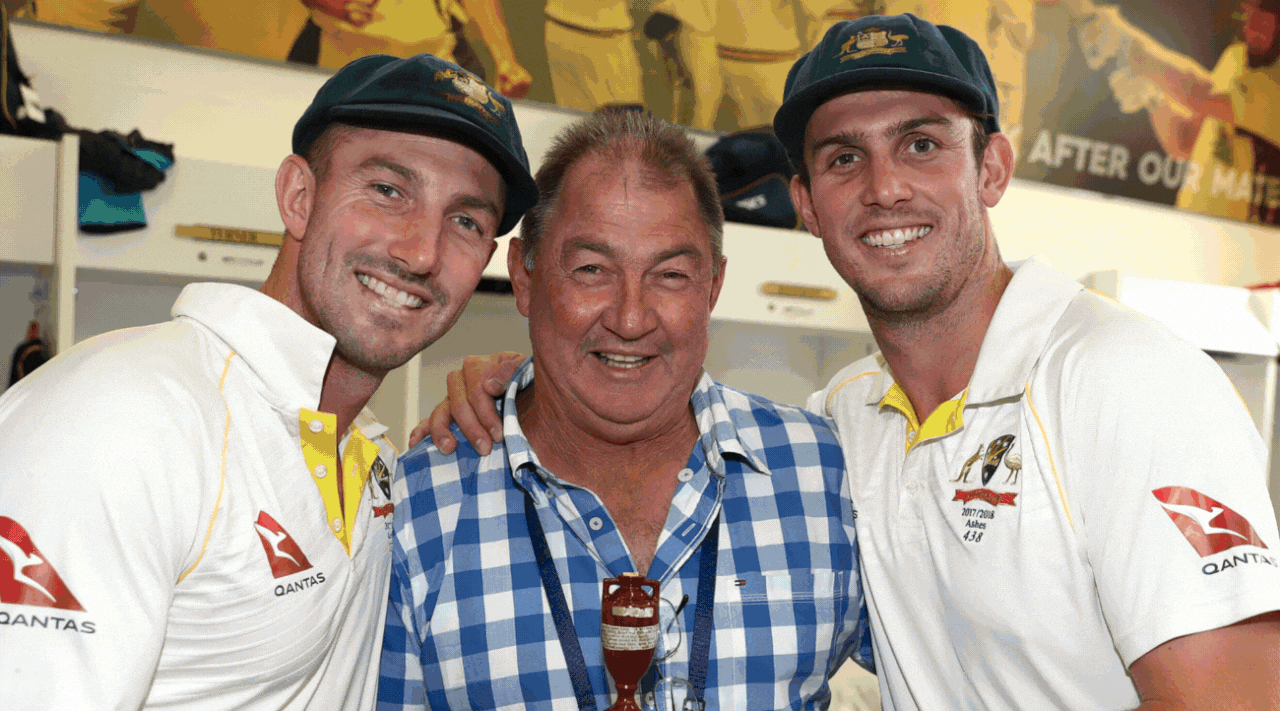AIS Biofire PCR testing machine set to keep Aussie athletes infection free at Commonwealth Games
A new lightning fast PCR testing machine has been created for Australia’s athletes. See the video to watch how it works.
Comm Games
Don't miss out on the headlines from Comm Games. Followed categories will be added to My News.
EXCLUSIVE: It’s our Commonwealth Games athlete’s secret weapon — a machine the size of a shoebox that will keep them infection free and able to compete.
The Biofire machine, first employed at the Tokyo Olympics, can do a PCR test for 45 infectious diseases including Covid, the flu, the common cold and gastro.
And it can return results within 45 minutes which means any athlete exposed to infection can be isolated, tested and either cleared or quarantined within an hour.
While isolated they can be treated with antivirals or antibiotics — and other team members are not exposed. But, more importantly, if they are found to be infection free they can continue training and get on the field to compete.
“Keeping people infection free can be the difference between no medal and a gold medal,” Australian Institute of Sport (AIS) chief Medical Officer Dr David Hughes said.

At the Rio Olympics, 94 Australian athletes contracted respiratory illnesses, 35 had gastro and some ended up in hospital, Dr Hughes said.
In Tokyo, the new rapid testing machines and strict infection protocols on mask wearing and handwashing kept Australia’s Olympics teams almost infection free.
Other clever infection control measures in Tokyo were outdoor barista stations and barbecues which acted as a magnet that drew Aussie competitors into the open air to socialise, reducing the risk of infection.
Athletes were sent home to Australia as soon as they had finished competing so they didn’t go out partying and bring infection back to the Olympic village.
“We were able to take in a team of 1000 people which was one of the largest teams in Tokyo and no one missed a training session, no one failed to compete. We got them in and out of Tokyo without a single Covid case,” Dr Hughes said.
With two highly infectious Covid variants currently sweeping the world, threatening health systems and economies, athletes are petrified of becoming infected and being unable to compete in Birmingham, England.
Unlike the Tokyo Olympics which went ahead with empty stadiums to control infection, these Commonwealth Games will be open house with no restrictions on people going in and out of pubs and cafes.

Australia’s access to the rapid testing machines was a lucky coincidence that turned into a huge advantage on the sporting field.
The AIS purchased the machines well before the arrival of Covid to support PHD student Dr Mat Mooney’s research on how infectious diseases affected the performance of athletes.
“There was a need we identified looking at illness in athletes and training and preparation for competition and this was one of the things that led us to look into managing that, having accurate and rapid turnaround testing to sort of identify cases early,” Said Dr Matt Mooney.
When Covid struck the machines shifted from being an academic pursuit to a vital part of Australia’s game plan at the Tokyo Olympics.
Dr Mooney and his machines joined Australia’s Commonwealth Games team in Birmingham earlier this week.
The machines are worth $35,000, with each testing pouch which can assess up to eight people simultaneously costing $150.
“I’ve heard figures thrown around that a gold medal often takes about a million dollars of investment over four to eight years, so I think in the environment we had it was it’s been it was worth every cent,” said Dr Hughes.





